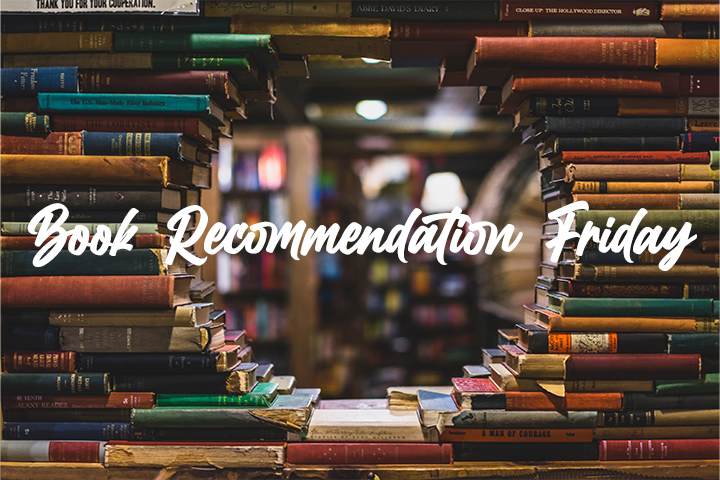Hi Everyone and Happy Friday!
This is installment #3 — Book Rec Friday — as promised last week in the blog and newsletter*. Each Friday I’ll share a book recommendation that feels relevant/helpful/interesting as we travel through this pandemic time together. Last week I suggested The Overstory, last year’s Pulitzer Prize for fiction. Today’s recommendation: Shauna M. Ahern’s memoir, Enough.
Shauna came to my attention a decade ago when I found her blog The Gluten Free Girl. I loved her frank, straightforward and funny prose — I loved how she captured her real, messy life with such honesty. She’s such a good writer. (And I love memoirs for the same reason, probably, that I love being a therapist: I love learning about people’s real lives).
The food blog ended but a newsletter took its place. Enough is a compilation of her essays from this newsletter.
At age 48, she had a stroke. She was in the prime of her life and all the medical tests showed she was healthy. But she had a stroke. Her doctor said to her:
“This is a chance for you to think about your life, Shauna. We know the tangible test results show you’re healthy. But what about the intangibles? Emotional stress on the body can cause physical damage. Stress can kill us. So what are the forces that are causing you to lose sleep? To feel pain? To not take care of yourself? Where in your life do you not feel good enough?”
So began her inventory of her life, documented in the pages of this book, exploring all the ways in which she didn’t feel good enough. Not good enough about her body. Not good enough about money. Not good enough about her worth in our culture. She had to dive deep to understand a lifetime of damaging thought patterns…and then learn to let them go.
She writes about the legacy of mental illness in her family, how the legacy followed her even as an adult and shadowed her choices. She writes about rage, about work, about friendship, about taking up space and claiming her life — not just externally, which she’d already done beautifully, but inside, where it counts the most. She writes about finding contentment, community and joy as part of the complex weave of her life.
Her stroke was a wake up call to examine her life.
We are all in a collective wake up call right now. Our whole world is.
How have we been living? Who and what dictated our choices? What pretending have we been doing? How has this served, and not served us? How connected are we, now that it’s undeniable how interconnected we are?
When this surreal and heartbreaking time somehow shifts back into the everyday life we’re more used to — assuming it does and in whatever form it does — what will we keep, and what will we let go of?
We all get to find our own definition of “enough”. I’d love to hear if you read it, and what your thoughts are, and what your definition of enough is, now.
Be well. Wash your hands. Stay connected.
Lisa


